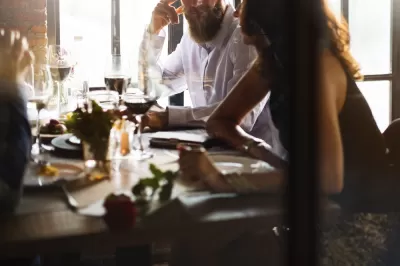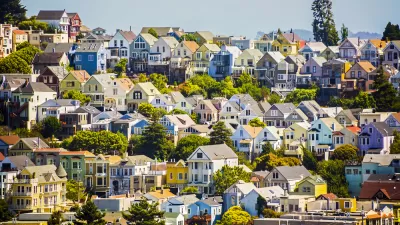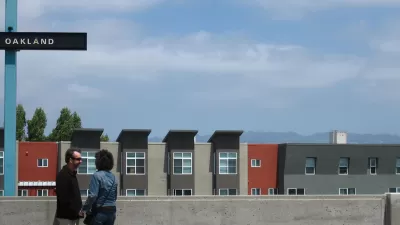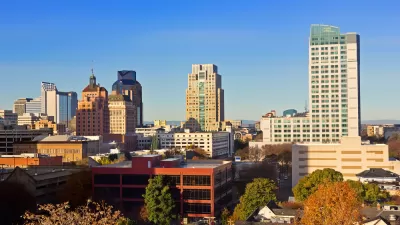While redevelopment-related displacement is the result of broader market forces and policy decisions, restaurants and cafes have become an emotionally charged flashpoint for the debate over gentrification.

Writing in the San Francisco Chronicle, Soleil Ho examines their role as a restaurant critic in the gentrification of Bay Area neighborhoods like the Mission. “In my embrace of the new blood that’s come into the neighborhood, have I been actively complicit in normalizing its gentrification?” Ho asks.
To put it in concrete terms, a ‘hot’ neighborhood with gyms, specialty coffee shops and exciting restaurants advances the interests of the urban growth machine, including landlords who set the prices of retail rents, investors who have interest in certain chefs or restaurateurs, and politicians who benefit from shifts in their districts’ demographics.
Ho acknowledges that restaurants, critics, and food reporters fit neatly into that urban growth machine, helping to fuel the popularity and growth of various areas. “Restaurants don’t cause gentrification themselves, but when you live in a neighborhood that’s on the cusp of it, every new coffee shop feels like a jump forward on the doomsday clock of your eventual displacement.” Restaurants and cafes have become a powerful symbol of much broader, systemic forces. And while critics can’t single-handedly stop neighborhood change or displacement, Ho hopes that acknowledging their role in the dynamics of gentrification is one step towards redirecting the impacts of redevelopment to more equitable ends.
FULL STORY: I'm a restaurant critic. Am I fueling gentrification in the Bay Area?

Planetizen Federal Action Tracker
A weekly monitor of how Trump’s orders and actions are impacting planners and planning in America.

Restaurant Patios Were a Pandemic Win — Why Were They so Hard to Keep?
Social distancing requirements and changes in travel patterns prompted cities to pilot new uses for street and sidewalk space. Then it got complicated.

Map: Where Senate Republicans Want to Sell Your Public Lands
For public land advocates, the Senate Republicans’ proposal to sell millions of acres of public land in the West is “the biggest fight of their careers.”

Maui's Vacation Rental Debate Turns Ugly
Verbal attacks, misinformation campaigns and fistfights plague a high-stakes debate to convert thousands of vacation rentals into long-term housing.

San Francisco Suspends Traffic Calming Amidst Record Deaths
Citing “a challenging fiscal landscape,” the city will cease the program on the heels of 42 traffic deaths, including 24 pedestrians.

California Homeless Arrests, Citations Spike After Ruling
An investigation reveals that anti-homeless actions increased up to 500% after Grants Pass v. Johnson — even in cities claiming no policy change.
Urban Design for Planners 1: Software Tools
This six-course series explores essential urban design concepts using open source software and equips planners with the tools they need to participate fully in the urban design process.
Planning for Universal Design
Learn the tools for implementing Universal Design in planning regulations.
Heyer Gruel & Associates PA
JM Goldson LLC
Custer County Colorado
City of Camden Redevelopment Agency
City of Astoria
Transportation Research & Education Center (TREC) at Portland State University
Camden Redevelopment Agency
City of Claremont
Municipality of Princeton (NJ)





























